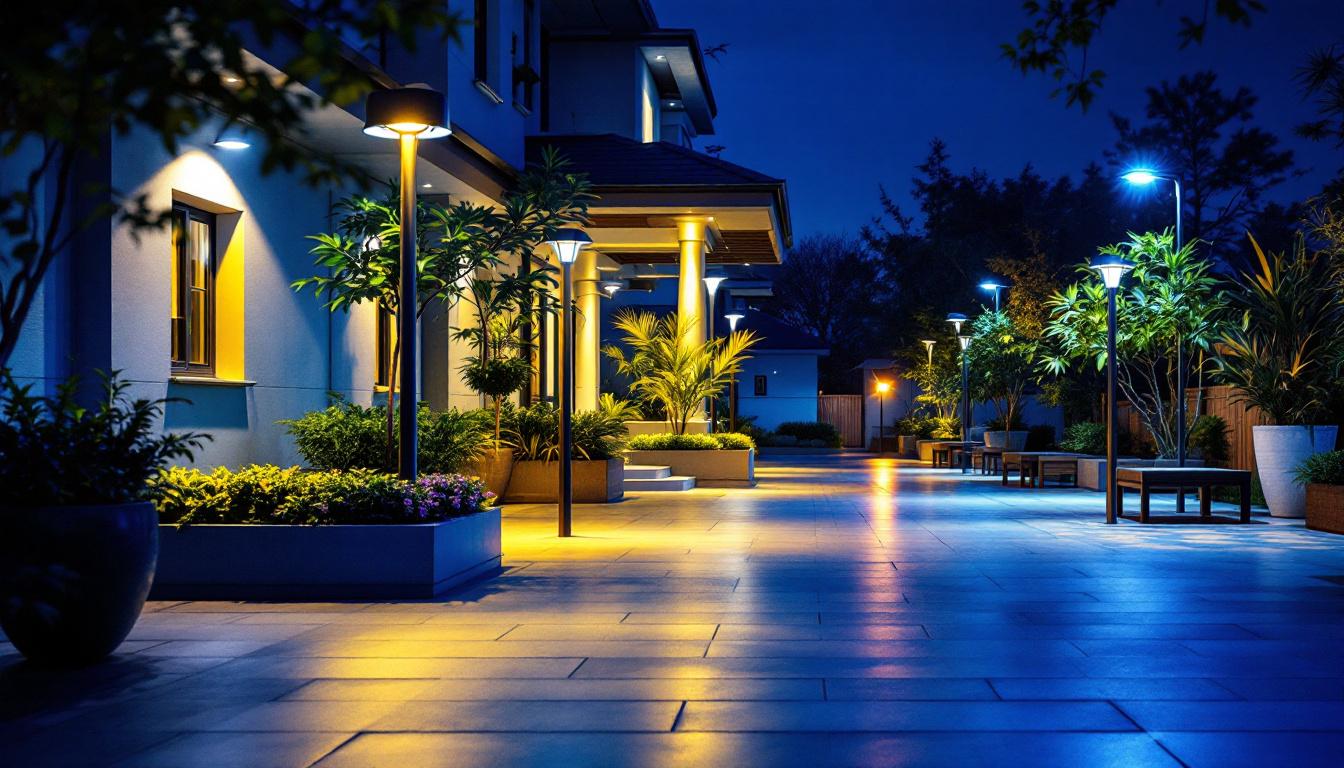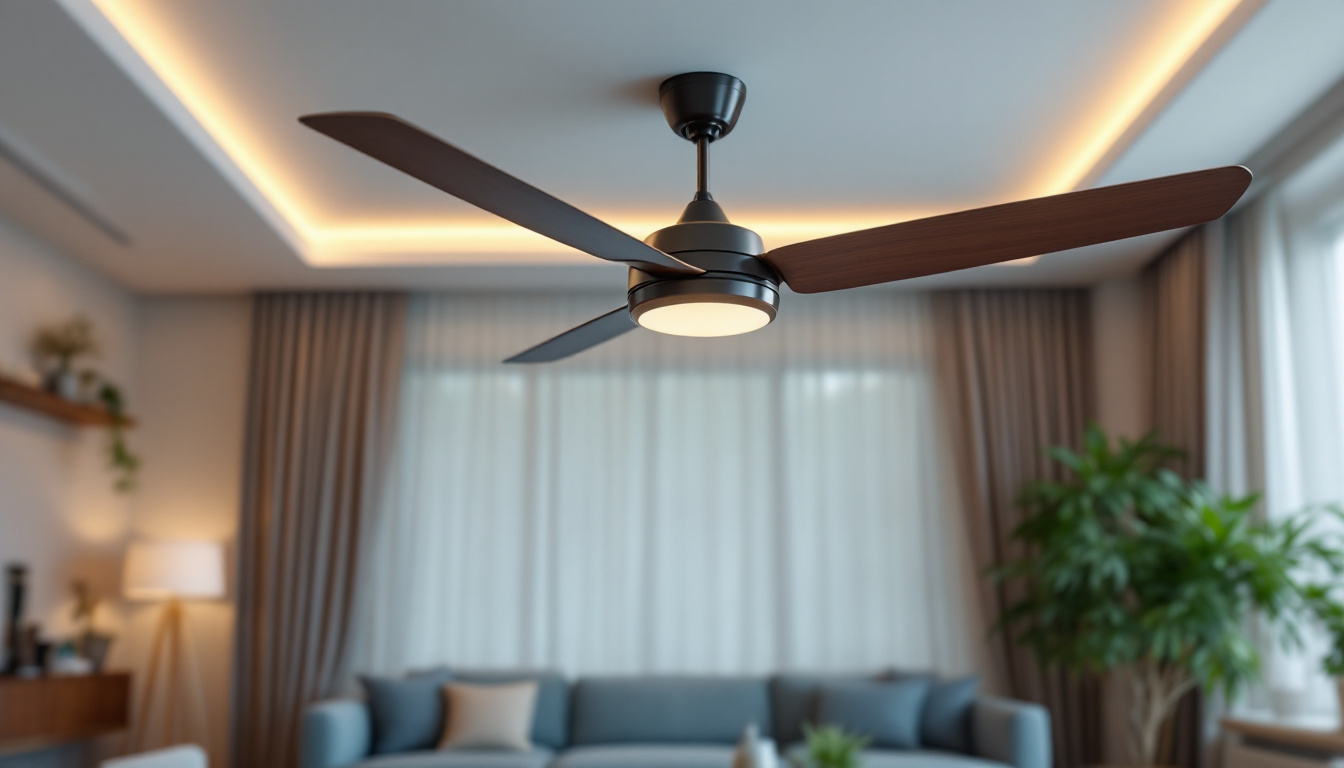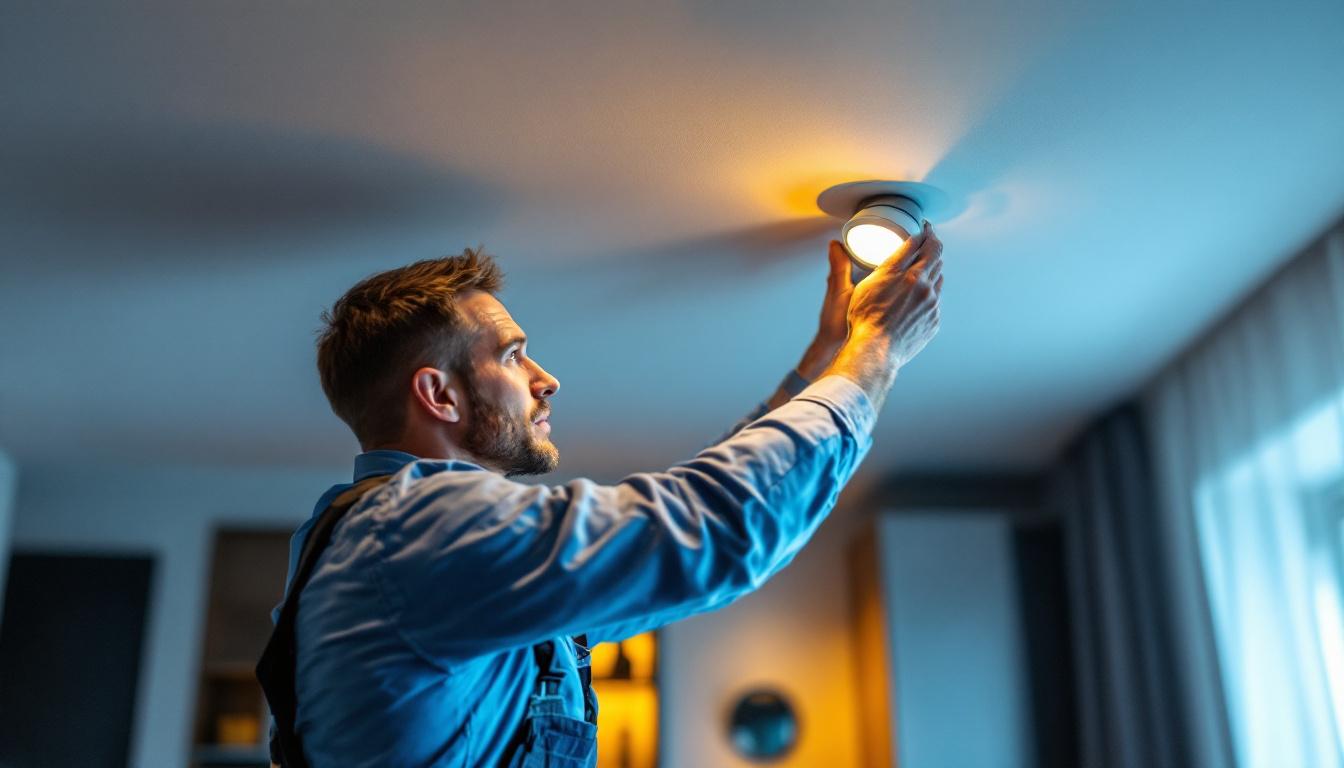
In the evolving landscape of outdoor lighting, solar lights have emerged as a popular choice for both residential and commercial applications. Their energy efficiency, ease of installation, and environmental benefits make them a go-to option for many lighting contractors. However, selecting the right light bulbs for solar lights can be a challenging task. This article delves into various hacks and tips that can help lighting contractors make informed decisions when it comes to choosing light bulbs for solar applications.
Before diving into the specifics of light bulbs, it is essential to understand the components of solar lighting systems. Typically, these systems consist of solar panels, batteries, and LED light bulbs. Each component plays a crucial role in ensuring optimal performance and longevity of the lighting system. By grasping how these elements work together, users can make informed decisions about their solar lighting installations, maximizing both efficiency and sustainability.
Solar panels are responsible for converting sunlight into electricity. The efficiency of these panels directly affects the amount of energy stored in the batteries. When selecting solar panels, consider factors such as wattage, size, and the panel’s ability to perform in various weather conditions. High-quality panels will ensure that your lighting system operates effectively, even on cloudy days. Additionally, the angle and orientation of the panels can significantly influence their performance; positioning them to capture maximum sunlight throughout the day can lead to enhanced energy generation. Regular maintenance, such as cleaning the panels to remove dust and debris, also contributes to their efficiency and longevity.
The battery stores the energy generated by the solar panels, providing power to the light bulbs during nighttime. Lithium-ion batteries are often preferred due to their longevity and efficiency. However, it is crucial to match the battery capacity with the expected energy consumption of the light bulbs to avoid performance issues. Understanding the discharge rate and cycle life of batteries can further aid in selecting the right battery for your system. Moreover, advancements in battery technology have introduced options such as deep-cycle batteries, which are designed to provide sustained power over extended periods. This can be particularly beneficial in areas with prolonged periods of darkness or during seasons with less sunlight, ensuring that your solar lighting system remains reliable and effective year-round.
Light bulbs are the heart of any solar lighting system. The choice of bulbs can significantly impact energy consumption, brightness, and overall performance. Here are some tips for selecting the best light bulbs for solar lights.
LED bulbs are the most energy-efficient option available today. They consume less power than traditional incandescent or halogen bulbs while providing the same level of brightness. Moreover, LEDs have a longer lifespan, which reduces replacement costs and maintenance efforts. For solar lighting systems, using LED bulbs is a no-brainer, as they maximize the energy stored in the batteries.
Color temperature is an important factor that affects the ambiance of outdoor spaces. Measured in Kelvin (K), color temperature ranges from warm yellow tones (around 2700K) to cool blue tones (above 5000K). For outdoor applications, a color temperature of around 3000K to 4000K is often preferred, as it provides a pleasant and inviting atmosphere without being too harsh.
Brightness is another critical aspect to consider when selecting light bulbs. The brightness of a bulb is measured in lumens. For solar lights, it is essential to strike a balance between adequate illumination and energy consumption. A good rule of thumb is to aim for at least 100 lumens per watt for efficient LED bulbs. This ensures that the lighting is sufficient for safety and aesthetics while minimizing energy use.
Once the right bulbs have been selected, there are several hacks and tips that can enhance the overall performance of solar lights. These strategies can help contractors optimize their installations and provide better service to clients.
Integrating smart controls into solar lighting systems can significantly enhance their functionality. Smart controls allow for features such as motion detection, dimming, and scheduling, which can help conserve energy and improve user experience. For instance, motion-sensing technology can ensure that lights only activate when needed, extending battery life and reducing energy waste.
The placement of solar panels is crucial for maximizing energy absorption. They should be positioned in areas that receive direct sunlight for the most extended period possible. Avoid placing panels in shaded areas, as this will reduce their efficiency. Additionally, consider the angle of the panels; tilting them towards the sun can enhance their performance, especially during winter months when the sun is lower in the sky.
Regular maintenance is essential for ensuring that solar lighting systems continue to perform at their best. This includes cleaning the solar panels to remove dust and debris, checking battery health, and replacing any faulty bulbs promptly. By implementing a maintenance schedule, contractors can ensure that their installations remain reliable and efficient over time.
As technology continues to advance, new bulb options are emerging that can further enhance solar lighting systems. Exploring these innovative solutions can provide contractors with additional tools to meet their clients’ needs.
Smart LED bulbs are an exciting development in the lighting industry. These bulbs can be controlled via smartphone apps, allowing users to adjust brightness, color, and even set schedules remotely. For contractors, recommending smart LED bulbs can add value to installations, providing clients with greater control over their outdoor lighting.
RGB (Red, Green, Blue) bulbs offer versatility in outdoor lighting design. These bulbs can change colors, allowing for creative lighting effects during events or holidays. Solar-powered RGB bulbs combine the benefits of solar energy with the aesthetic appeal of color-changing lights, making them an attractive option for contractors looking to offer unique solutions.
Integrated solar LED fixtures come with built-in solar panels, batteries, and LED bulbs. This design simplifies installation and reduces the number of components needed for a lighting system. Contractors can benefit from these all-in-one solutions, as they often require less maintenance and provide a streamlined aesthetic.
While solar lights offer numerous advantages, they also come with their own set of challenges. Understanding these challenges and knowing how to address them can help contractors provide better service and solutions to their clients.
One of the most significant challenges with solar lights is limited sunlight exposure. In areas with frequent cloud cover or during the winter months, solar panels may not generate enough energy to power the lights adequately. To mitigate this issue, contractors can recommend solar lights with larger battery capacities or suggest hybrid systems that integrate conventional power sources.
Batteries, even high-quality ones, can degrade over time, leading to reduced performance. Contractors should educate clients about the importance of battery maintenance and replacement. Offering a battery replacement service can also be a valuable addition to a contractor’s portfolio, ensuring that clients’ solar lighting systems remain functional for years to come.
As outdoor lighting becomes more prevalent, concerns about light pollution are also on the rise. Contractors should be mindful of this issue and consider recommending fixtures that minimize light spill and glare. Shielded fixtures and strategically placed lights can help create a more pleasant environment while still providing adequate illumination.
The solar lighting industry is continually evolving, with new trends and technologies emerging regularly. Staying informed about these trends can help contractors remain competitive and offer cutting-edge solutions to their clients.
As energy efficiency becomes a more pressing concern globally, manufacturers are continually working to improve the efficiency of solar lighting systems. This may include advancements in solar panel technology, battery storage, and LED efficiency. Contractors should keep an eye on these developments to ensure they are providing the most efficient solutions available.
Many urban areas are adopting smart city initiatives that incorporate advanced technology into public infrastructure. Solar lighting systems that can communicate with other smart devices and systems will likely become more prevalent. Contractors should consider how their installations can integrate with these initiatives, providing clients with future-proof solutions.
As solar lighting becomes more mainstream, there is a growing emphasis on aesthetics and design. Manufacturers are developing more stylish fixtures that blend seamlessly with outdoor environments. Contractors should stay updated on design trends to offer clients options that enhance their property’s visual appeal while providing functional lighting.
Choosing the right light bulbs for solar lights is a critical task for lighting contractors. By understanding the components of solar lighting systems, selecting appropriate bulbs, and utilizing innovative solutions, contractors can provide high-quality installations that meet their clients’ needs. Additionally, addressing common challenges and staying informed about industry trends will ensure that contractors remain competitive in the ever-evolving landscape of solar lighting.
With the right knowledge and tools, lighting contractors can harness the power of solar energy to create beautiful, efficient, and sustainable outdoor lighting solutions. Embracing these hacks and insights will not only enhance the contractor’s service offerings but also contribute to a more sustainable future.
Ready to elevate your solar lighting installations with the best in the business? Look no further than LumenWholesale, where we specialize in providing lighting contractors with top-tier, spec-grade lighting products at unbeatable wholesale prices. Say goodbye to local distributor markups and hello to our extensive selection that meets the highest industry standards. With LumenWholesale, you get the reliability and performance you need for every project, plus the convenience of free shipping on bulk orders. Don’t compromise on quality or value. Wholesale Lighting at the Best Value is just a click away. Partner with us and experience the difference today!

Discover how the latest advancements in outdoor security lighting are revolutionizing the work of lighting contractors.

Discover the latest trends in unique ceiling fan designs that every lighting contractor should be aware of.

Discover the secrets to mastering recessed lighting with expert tips and techniques tailored for lighting contractors.

Discover the innovative journey of Thomas Edison as he refined his light bulb prototypes.